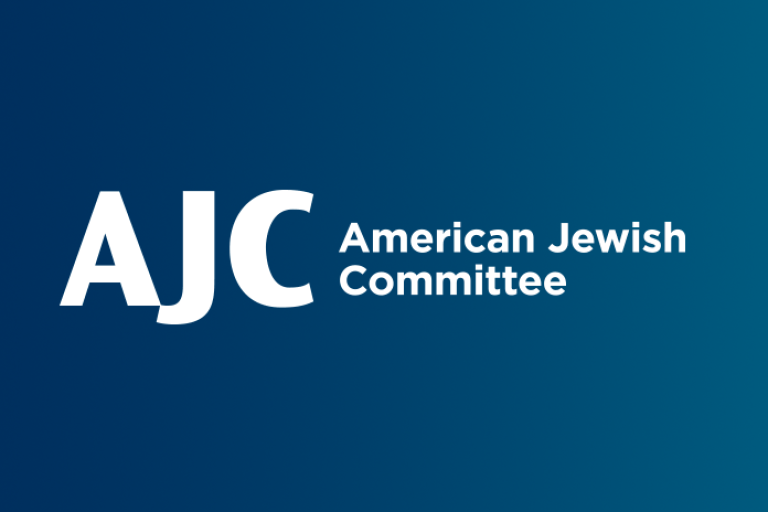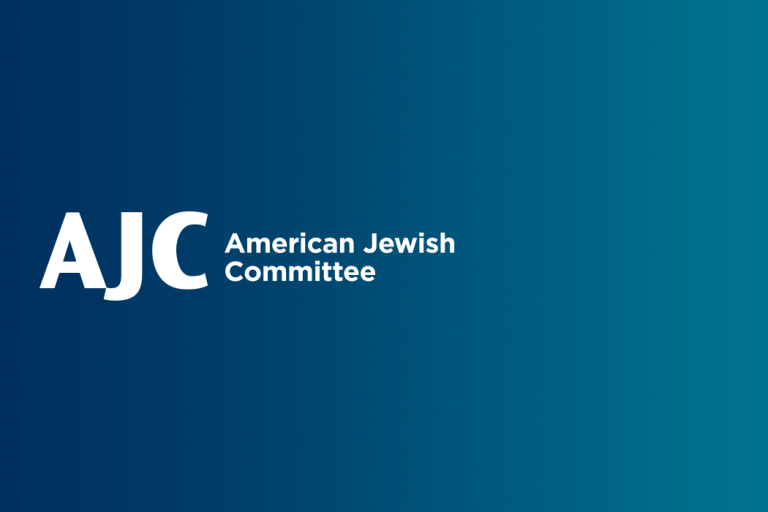January 8, 2021
This Shabbat: Parshat Shmot
This week we begin a new book of the Torah, the book of Shmot, or Exodus in which we will read the incredible story of the Jews escaping from slavery in Egypt and becoming a free nation. At the beginning of our Torah portion this week, Pharaoh delivers a terrible edict: all baby boys born to Jews must be put to death. But, two Jewish midwives, Shifra and Puah, defy Pharaoh’s decree and let the baby boys live. When Pharaoh summons the midwives to demand an explanation, they say, “The Jewish women are vigorous. Before a midwife can get to them, they’ve already given birth.” The midwives’ subterfuge works; the Children of Israel continue to grow and multiply, despite Pharaoh’s decree. God rewards the midwives for their courageous defiance of Pharaoh. The Torah says that God “established households for them.” The commentators explain that the word households refers to dynasties. The descendants of Shifra and Puah would make up the great dynasties of the Jewish people: the priestly classes and the house of King David.
In other words, God rewarded the midwives with the same gift that they gave to the Jewish people - a future.
Rabbi Jonathan Sacks, of blessed memory, once wrote, “To be a Jew is to be an agent of hope in a world serially threatened by despair….Judaism is a sustained struggle, the greatest ever known, against the world that is, in the name of the world that could be, should be, but is not yet.” The story of Shifra and Puah is a quintessentially Jewish story, and it is the perfect one for the first Shabbat of 2021. As we close the door on 2020 and embark on a new year, let us channel their refusal to accept the dark fate they were handed, and their ability to not only maintain hope in a world that was not yet, but to courageously act to help bring that world into existence.
This Week in Jewish History
December 31, 2020 - Joan Micklin Silver dies
Adding to the hundreds of thousands of sad losses in 2020, Joan Micklin Silver, a Jewish-American filmmaker, passed away last week. Silver is probably best known for directing the film “Crossing Delancey,” a sweet rom-com in which a young professional Jewish woman’s “bubbie” (grandmother) helps her find true love with a pickle salesman from the Lower East Side. But I will remember Silver most fondly for her quiet 1975 masterpiece, “Hester Street.” That film, based on a short story by famed Yiddish author and founder of the Forward newspaper, Abraham Cahan, tells the story of an immigrant couple living on the Lower East Side in the 1890s. Silver chose to film the piece in black and white, and wrote much of the dialogue in Yiddish, both of which transported viewers to the time and place she was depicting. Most importantly, Silver told the story of the immigrant collision with American culture with sensitivity, humor, and Jewish pride. The heroine, Gitl (played by Carol Kane, who received an Oscar nomination for her performance) stands up to her Americanized husband Jake, refusing to change her identity based on his image of what a proper American wife should be. In the decades since the film was made, Gitl has become a symbol to many proudly Jewish girls and women, myself included. In this beautiful piece, Rukhl Schaechter, editor of the Yiddish Forward, writes about what “Hester Street” meant to her. Both “Hester Street” and “Crossing Delancey” depict strong and proudly ethnic Jewish women who are able to intertwine their American and Jewish identities without giving short shrift to either one. In a world in which movies often depict two-dimensional women and favor assimilated Jews, Joan Micklin Silver’s contributions are true treasures. Read more about Silver’s career and films in this obituary published in The New York Times. Oh, and for a real treat, you can watch “Hester Street” in its entirety on YouTube by clicking here.
For Shabbat Table Discussion: Rebuilding American Democracy
No doubt, many of us will be talking about the shocking and harrowing breach of the Capitol Building by insurrectionists on Wednesday. The seeds for this horrible day were sown by the President of the United States and enabled, even encouraged, by many other elected officials and public figures. What can we as American Jews - no matter what political party we call our own - do to heal our damaged nation? It is urgent that all of us take the time to talk to our family members about what it means to build a civil society.
Questions for your Shabbat table:
- Can we trace the roots of yesterday’s terrible events? Where were the seeds planted? How can we identify those moments in the future?
- How might yesterday’s events been stopped before they occurred? Who had the power to stop them? What tactics might they have used?
- What role does social media have to play in the terrible divisions in our nation today?
- What specific actions can each of us take to rebuild the civic foundations of our society?
For tools for talking to your family and friends about these issues, we recommend:
- The documentary “The Social Dilemma,” available for streaming on Netflix. This very important documentary unpacks in terrifying detail how social media purposefully creates tools that sow division and misinformation in our society. Watch the trailer here.
- This Op Ed piece by Jason Isaacson, AJC’s Chief Policy and Political Affairs Officer.
- The book Morality: Restoring the Common Good in Divided Times by Rabbi Lord Jonathan Sacks, of blessed memory. You can also watch this video interview with Rabbi Sacks about the book.
Shabbat shalom!
שבת שלום!






